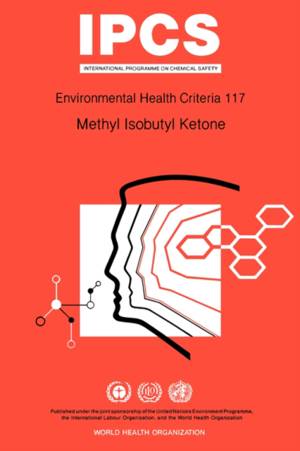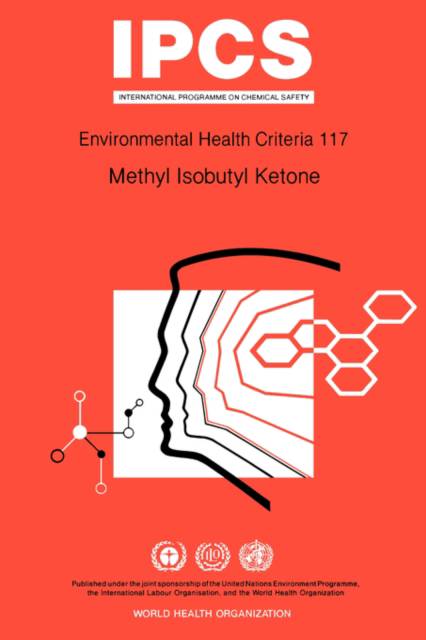
- Afhalen na 1 uur in een winkel met voorraad
- Gratis thuislevering in België vanaf € 30
- Ruim aanbod met 7 miljoen producten
- Afhalen na 1 uur in een winkel met voorraad
- Gratis thuislevering in België vanaf € 30
- Ruim aanbod met 7 miljoen producten
Zoeken
Omschrijving
Evaluates risks to human health and the environment posed by the widespread production and use of methyl isobutyl ketone as a solvent, with major applications in the production of lacquers and paint solvents, including car and industrial spray paints. Methyl isobutyl ketone also occurs naturally in food, is a permitted flavouring agent, and is used in food contact packaging materials. Sections concerned with the behaviour of methyl isobutyl ketone in the environment note its rapid evaporation into the atmosphere, rapid photo-transformation, ready biodegradation, and low potential for bioaccumulation. A review of data on metabolic pathways and toxicity to organisms concludes that production and use of this chemical pose no threat to wildlife or the environment, except in the case of accidental spills or inappropriate disposal of wastes.
Specificaties
Betrokkenen
- Auteur(s):
- Uitgeverij:
Inhoud
- Aantal bladzijden:
- 79
- Taal:
- Engels
- Reeks:
- Reeksnummer:
- nr. 117
Eigenschappen
- Productcode (EAN):
- 9789241571173
- Verschijningsdatum:
- 1/01/1990
- Uitvoering:
- Paperback
- Formaat:
- Trade paperback (VS)
- Afmetingen:
- 152 mm x 229 mm
- Gewicht:
- 127 g

Alleen bij Standaard Boekhandel
+ 56 punten op je klantenkaart van Standaard Boekhandel
Beoordelingen
We publiceren alleen reviews die voldoen aan de voorwaarden voor reviews. Bekijk onze voorwaarden voor reviews.











